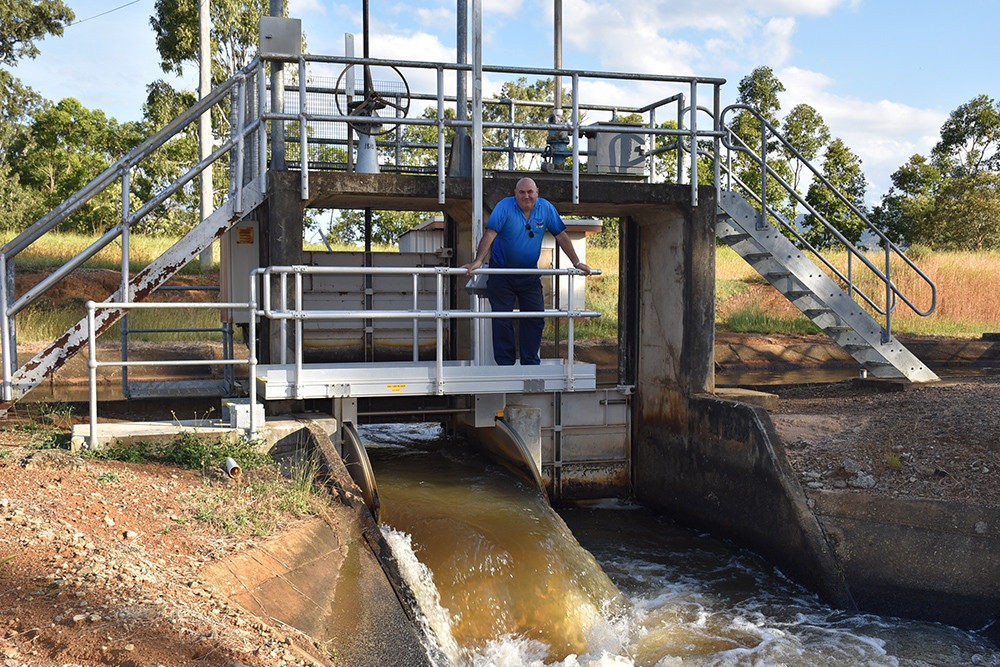Community & Business
5 July, 2023
Farmers push for new rates model
Local councils are being informed of a move by the Queensland Farmers Federation to change the way council rates are calculated in a bid to move away from the current model which attaches land valuations to what property owners are charged for annual general rates.

Local councils are being informed of a move by the Queensland Farmers Federation to change the way council rates are calculated in a bid to move away from the current model which attaches land valuations to what property owners are charged for annual general rates.
Speaking on behalf of the horticultural sector, FNQ Growers chair Joe Moro fronted Tablelands Regional Council’s last meeting to talk about the importance of the industry to the economy, to advise that moves were afoot to try to change the rating model, and to talk about changes to the State’s planning laws to allow for workers’ accommodation to be established on farms.
Describing the regional industry as an “agricultural powerhouse”, Mr Moro said horticulture accounted for nearly half of the total value of the Tablelands agricultural output which equated to more than $500 million a year.
But he said farmers were getting increasingly concerned about the valuations of their land rising significantly over successive years which then translated into higher rates.
“The ongoing rating valuation issue is having an impact on agriculture because it is creating uncertainty,” he said.
“Budgets that farmers work under are very much determined by their input costs and much of these costs cannot be passed on – it doesn’t work that way, we generally have to absorb them and try, over time, to get supermarkets to allow some sharing of some of the profits they make.
“If you look at what the prices are in the shops compared to what famers get, there’s a big disparity.”
He said farmers were unable to budget or plan on the back of the impact of spikes in land valuations and rates.
“I know this council is well aware of the land valuation and rates issues but it’s not just a Tablelands issue, it’s right across Queensland,” Mr Moro said.
A petition calling for guidelines to be mandated had been driven by the Bundaberg-based horticulture group and was now set to be brought before Parliament.
“Queensland Farmers Federation is working on developing a series of guidelines to help councils and work with the Local Government Association of Queensland which can then flow onto all the council,” he said.
“We would like to see fairness and equity come into the whole process.
“There has been some significant increases and they may be justified from council’s perspective, but, at the end of the day, from our point of view, it impacts on how we will remain viable.”
He said growers would also like to see changes in how and when the valuations were done, “moving back” to how they used to be undertaken every 3-5 years.
Mr Moro also advised council about a change to State Planning Regulations which will allow some small-scale workers’ accommodation to be established on farms without having to proceed without a material change of use development approval, when meeting certain criteria.
The Queensland Rural Workers’ Accommodation Initiative came into effect in December last year and will apply until December 2025. The program supports using existing underutilised facilities as an interim solution to accommodate up to 20 workers on properties of more than 25 hectares.
Exemptions only apply for a material change of use and do not apply to other approvals that may be required such as building works approval to ensure compliance with appropriate building standards including the relevant fire and safety standards.
Mr Moro said FNQ Growers supported the initiative to meet the need for accommodation in the region and improve the standard of accommodation in the agriculture industry


